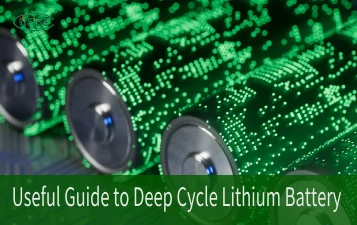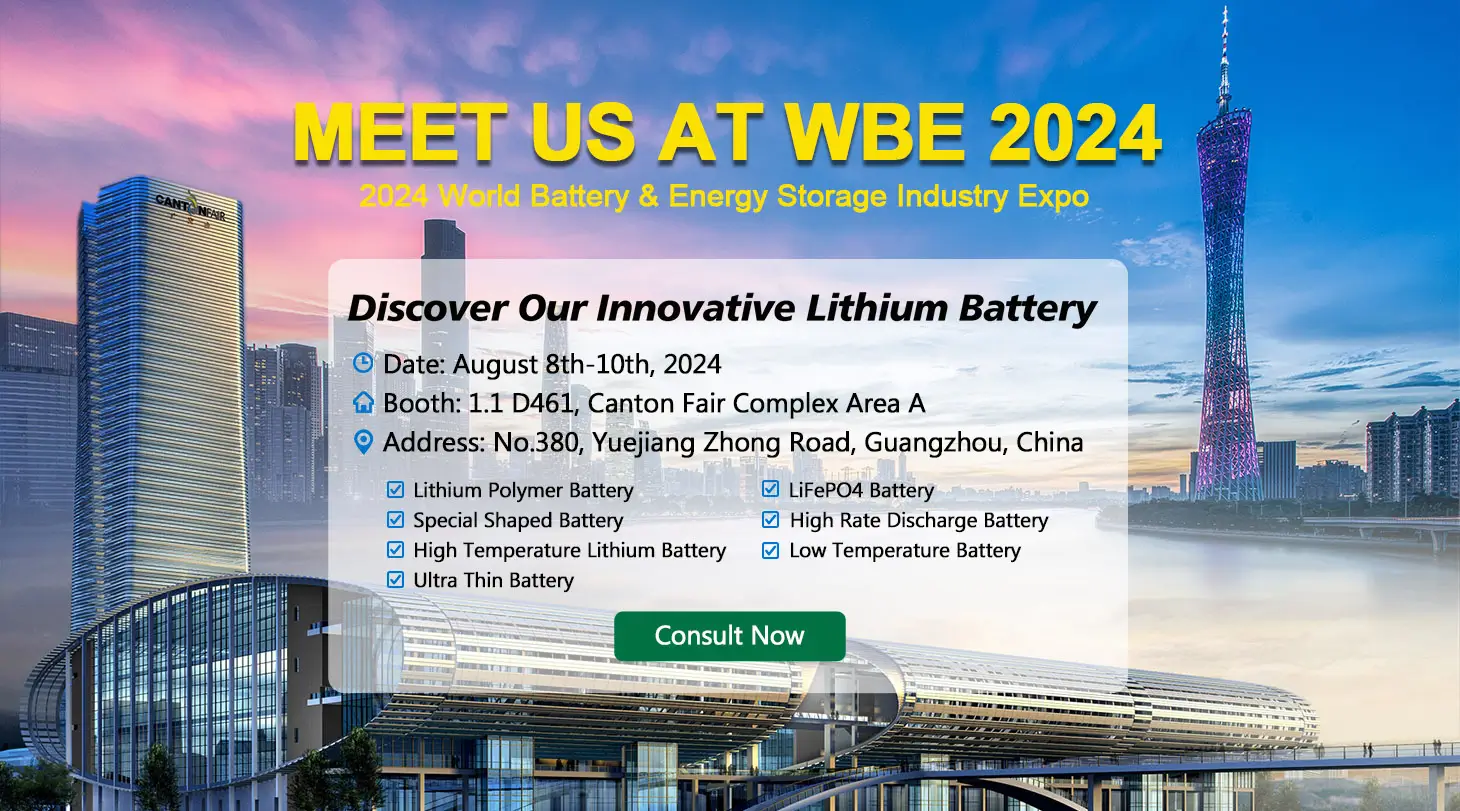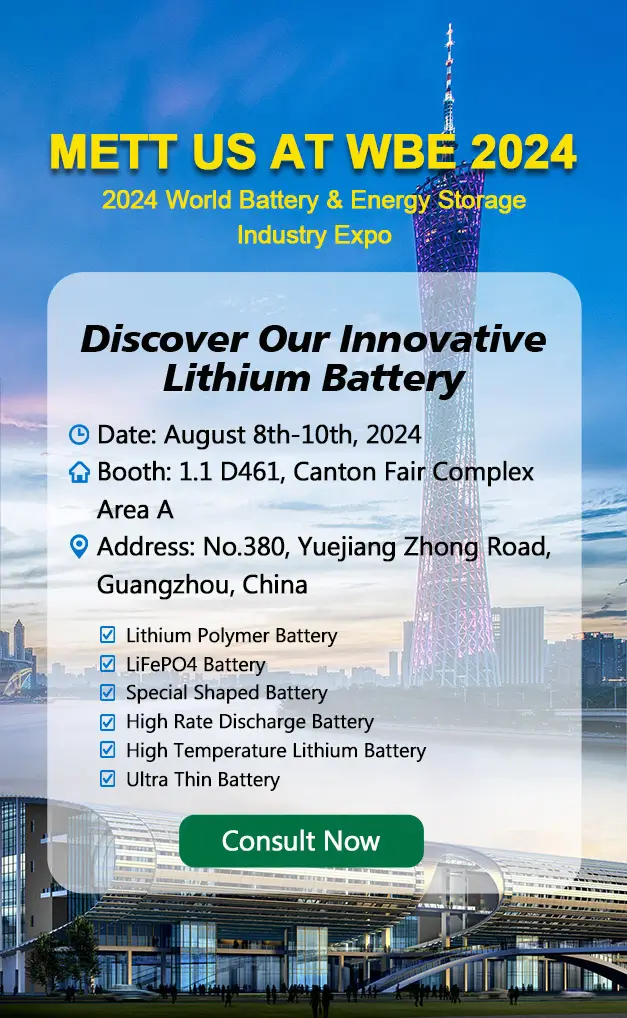Part 1. What is a lithium iron phosphate battery?
Lithium iron phosphate battery, the full name of lithium iron phosphate lithium-ion battery, refers to a lithium-ion battery using lithium iron phosphate as the cathode material. Battery naming usually uses the positive electrode material to name the battery, and the negative electrode usually uses graphite as the negative electrode. For example, ternary batteries refer to NCM or NCA used as the cathode material, and lithium cobalt oxide batteries refer to lithium cobalt oxide used as the cathode material. Similarly, lithium iron phosphate refers to the lithium iron phosphate material used in the positive electrode.
Part 2. The primary raw materials of lithium batteries
There are five primary materials for lithium batteries.
- Cathode material: Mainly divided into lithium iron phosphate batteries and ternary batteries based on different cathode materials.
- Harmful electrode materials mainly include artificial graphite and natural graphite. Artificial graphite can be used in power and energy storage batteries (relatively low cost).
- Electrolyte: Mainly composed of electrolyte (usually lithium hexafluorophosphate) and solvent.
- Separator: As the name suggests, the separator isolates the positive and negative electrodes. It prevents electrons inside the battery from passing freely and only allows ions in the electrolyte solution to pass freely.
- Lithium battery copper foil: Electrolytic copper foil is used for lithium battery negative electrode current collector.
Part 3. Lithium iron phosphate Vs. Ternary lithium batteries
Ternary Lithium Battery: High Energy Density
To be precise, battery energy density is divided into weight energy density and volume energy density. The former is what we often talk about, and the latter needs to be paid attention to, but it is still essential.
The energy density of ternary lithium is generally 180-230Wh/kg, and high-nickel ternary lithium batteries can easily reach 250Wh/kg. However, high nickel will increase battery instability. The energy density of lithium iron phosphate batteries is generally 140-160 Wh/kg and currently can reach a maximum of 180Wh/kg.
Ternary Lithium Batteries: Resistant to Low Temperatures
Lithium batteries become weak when exposed to low temperatures. The low-temperature limit of lithium iron phosphate is generally -20°C. Ternary lithium batteries can withstand temperatures as low as -30°C. At 0~-20℃, lithium batteries decay by about 10%-30%. The attenuation degree of ternary lithium batteries is generally 10% lower than that of lithium iron phosphate batteries.
Lithium Iron Phosphate Batteries: Longer Lifespan
Battery life is not expressed in terms of years but is based on the number of charge and discharge cycles. For example, 2000 times means battery decay is less than 20% after 2000 charge and discharge cycles. After 2,000 cycles, the battery capacity is equivalent to only 80% remaining, and it will continue to decay with continued use.
The number of charge and discharge cycles of ternary lithium batteries is generally 2,000 times. The lithium iron phosphate battery is generally 3,000 times 1.5 times that of the ternary lithium battery.
Lithium Iron Phosphate Batteries: Safer
Through the pinprick test, the traditional lithium iron phosphate battery without fire, smoke, and surface temperature reached 200 ℃ ~ 400 ℃. The ternary lithium battery pin prick instantly appeared to warm up more than 500 degrees and began to burn violently.
Lithium Iron Phosphate Batteries: Lower Cost
A report pointed out that the average cost of the battery industry is 0.6 yuan/Wh for lithium iron phosphate batteries and 0.8 yuan/Wh for ternary batteries. Calculated based on a 60kWh battery, the cost of a ternary lithium battery is 48,000 RMB, and the cost of lithium iron phosphate is 36,000
RMB, with a price difference of 12,000 RMB.
Part 4. Lithium iron phosphate battery price
There are many specifications and models of ternary lithium batteries, with different application areas and prices for other parameters. Now, the market price of a ternary lithium battery is about 1-3 yuan / AH. It is understood that the ternary lithium battery cathode materials and harmful materials are high-quality materials, so the ternary lithium battery, in terms of energy density, is higher. But in terms of the market price of lithium batteries, compared with the exact specifications of lead-acid batteries to double or more. However, many lithium battery packs have the precise specifications of lead-acid batteries. It is not far off in terms of price, so the battery is not even enough to cover the cost.
Battery cost is related to various materials and different preparation process technologies; cost reduction needs to be coordinated by multiple links. Lithium iron phosphate battery price and ternary lithium batteries are in the price composition due to different cathode materials, resulting in a particular gap between the cost and price. Other cost differences include negative electrode materials, diaphragm, electrolyte, copper foil, BMS, PACK, labor, equipment, etc. It could be clearer.s.
The lithium iron phosphate material system is relatively low and stable because there are no nickel, cobalt, or other metals. The ternary material system contains nickel, cobalt, and other metals. Their price is relatively high and vulnerable to fluctuations in cobalt and nickel raw materials.
Part 5. FAQs
-
Which is better lithium ion or LiFePO4?
The choice between lithium-ion and LiFePO4 batteries depends on specific application requirements. LiFePO4 batteries are safer and have a longer lifespan, while lithium-ion batteries offer higher energy density. -
What is the difference between lithium iron phosphate battery and ternary lithium battery?
The main difference between lithium iron phosphate (LiFePO4) and ternary lithium batteries is their cathode material composition. -
What battery is better than LiFePO4?
LiFePO4 batteries have better safety and longevity, while ternary lithium batteries offer higher energy density. -
Why lithium iron phosphate batteries are safer than ternary lithium batteries?
There is no battery technology that is universally better than LiFePO4. Different battery chemistries have their own advantages and trade-offs depending on factors such as energy density, lifespan, safety, and cost.
Lithium iron phosphate batteries are safer than ternary lithium batteries due to their stable chemistry, higher thermal stability, and reduced risk of thermal runaway and fire hazards. -
What are the advantages of LiFePO4 batteries?
The advantages of LiFePO4 batteries include a longer lifespan, enhanced safety with a lower risk of thermal runaway, improved thermal stability, high tolerance for high discharge rates, and better performance in extreme temperatures.
Related Tags:
More Articles

Overview of Deep Cycle Lithium Battery
In this article, we explore the life, voltage, capacity, and charging considerations of deep cycle lithium batteries.
How Long do Lithium Batteries Last?
How long do lithium batteries last? we will explore the factors that influence the lifespan of lithium batteries and provide insights into their longevity.
How to Choose the Best LiFePO4 Battery?
Choose LiFePO4 batteries for superior performance, safety, and versatility in EVs, UPS, and backup power. This guide helps you make informed decisions.
Get 12v Lithium Car Battery As a Power Source for the Ride
Make the right choice for your vehicle's battery needs by installing a 12 volt lithium car battery. You will enjoy maintenance-free longevity with this change.
Everything About A Small Lithium Ion Battery
Discover the features, uses & future potential of a small lithium ion battery. A compact and tiny powerhouse ideal for smartphones, wearables, drones & more.





